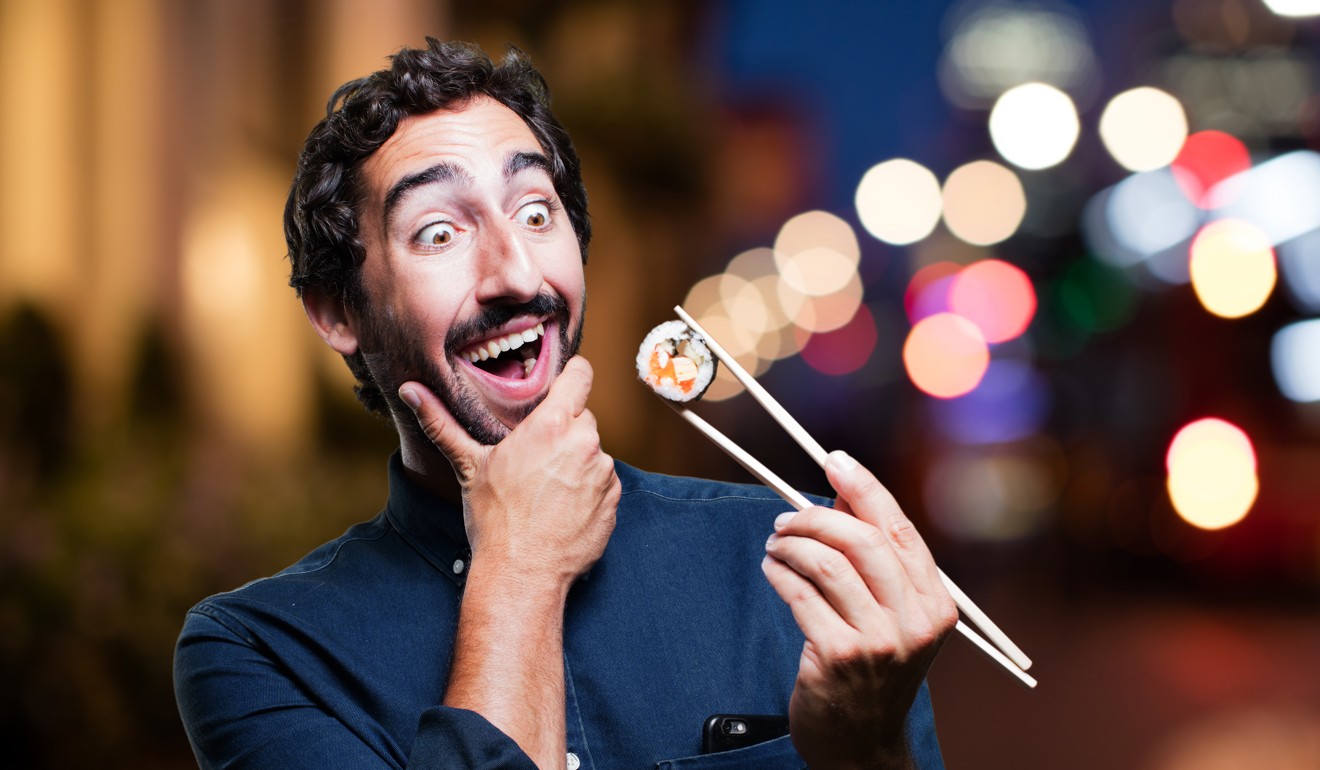
Food critics may sound like they know it all, but don’t be fooled – in many cases you can take what they say with a large pinch of salt
Food reviewers will always bring their biases to the table, and only a few are qualified to give sound advice. And don’t get me started on the bloggers and wannabe KOLs …
You know what the difference is between the food I eat and food reviews I read? The reviews I take with more than a grain of salt.
We’re all subjective. We have our likes and dislikes, a product of experience and influences. Generally I am not fond of overly salty flavours, but I know people who always give the shaker a vigorous workout, sometimes even before they taste a dish.
Food critic Andy Hayler says local Michelin Guide gets it badly wrong
The reason I am suspicious of most food critics and bloggers is that I sometimes am one. Yes, there are thoughtful reviewers who apply critical analysis judiciously in fun-to-read prose, but often it is easier (and cheaper) for editors to hire fresh graduates or junior staff to write about food even though their idea of gourmet dining is a bowl of premium abalone-flavoured instant noodles.
I admit that when I was younger, I penned material to meet a tight deadline without a clue about the subject of the piece. Sometimes, critics make things up because we’re not always experts about everything.
“I like eating” and “I like cooking” are not qualifications for being a food critic. A home cook is not a professional chef, and a gourmet blogger is not a fine-dining restaurateur. I consider myself a connoisseur of professional basketball but I am not dumb enough to believe I would last five minutes against LeBron James one-on-one.

Some restaurant critics take a populist, consumer-advocacy approach. “I may not know much but I know what I like,” is their mantra. The danger is that you end up with someone whose favourite Italian fare is Pizza Hut evaluating a classic Italian restaurant such as three-Michelin-star 8½ Otto e Mezzo in Hong Kong.
That is just not right, unless you believe in taking dining advice from OpenRice (a Hong Kong website where restaurant customers can post their views about meals they have eaten). Writers who have no real insight should stick to dispensing culinary wisdom with stars or thumb emoji.
To be honest, I treat with the same scepticism friends who insist that they’ve tried a fantastic restaurant that nobody else has discovered. Deep down, I think we’re all wannabe KOLs (that’s key opinion leaders). Just like Donald Trump, we’ve all exaggerated about the most beautiful piece of chocolate cake ever; the difference is that we don’t launch a military strike on Syria after dessert.
Cooking with Asian leaves and herbs: a guide on the best ways to use them
The worst self-appointed food critics are the premeditated haters who relish taking down restaurants in blogs and on social media. “They made me queue for an hour and, to be honest, the lunch set wasn’t impressive at all. Plus the waiter forgot to put a slice of lime in my sparkling water.” Wow, you really showed them, didn’t you, Mr Too-Cheap-To-Go-For-Dinner-Service?
Food writing should offer a perspective that is informed and informative. Tell me what you think about the cooking philosophy or the merit of the produce and how it is prepared. Describing how well any one dish is seasoned is as random and meaningless as saying a movie was “kind of slow in the middle”.

Salt is not reason enough for deciding a meal gets a thumbs up or thumbs down. I don’t care how cool you think chef Salt Bae is, he is not going to get a Michelin star for sprinkling salt off his forearm.
Why Hong Kong chefs age fish used in sashimi and sushi – just as good steaks are aged
The challenge of articulating complex tastes and smells is hard enough without writers who don’t have anything of substance to say. For me, “the food was over/under seasoned” is about the second most annoying comment to read in a restaurant review. The stupidest thing? “Their sushi was really fresh!”

